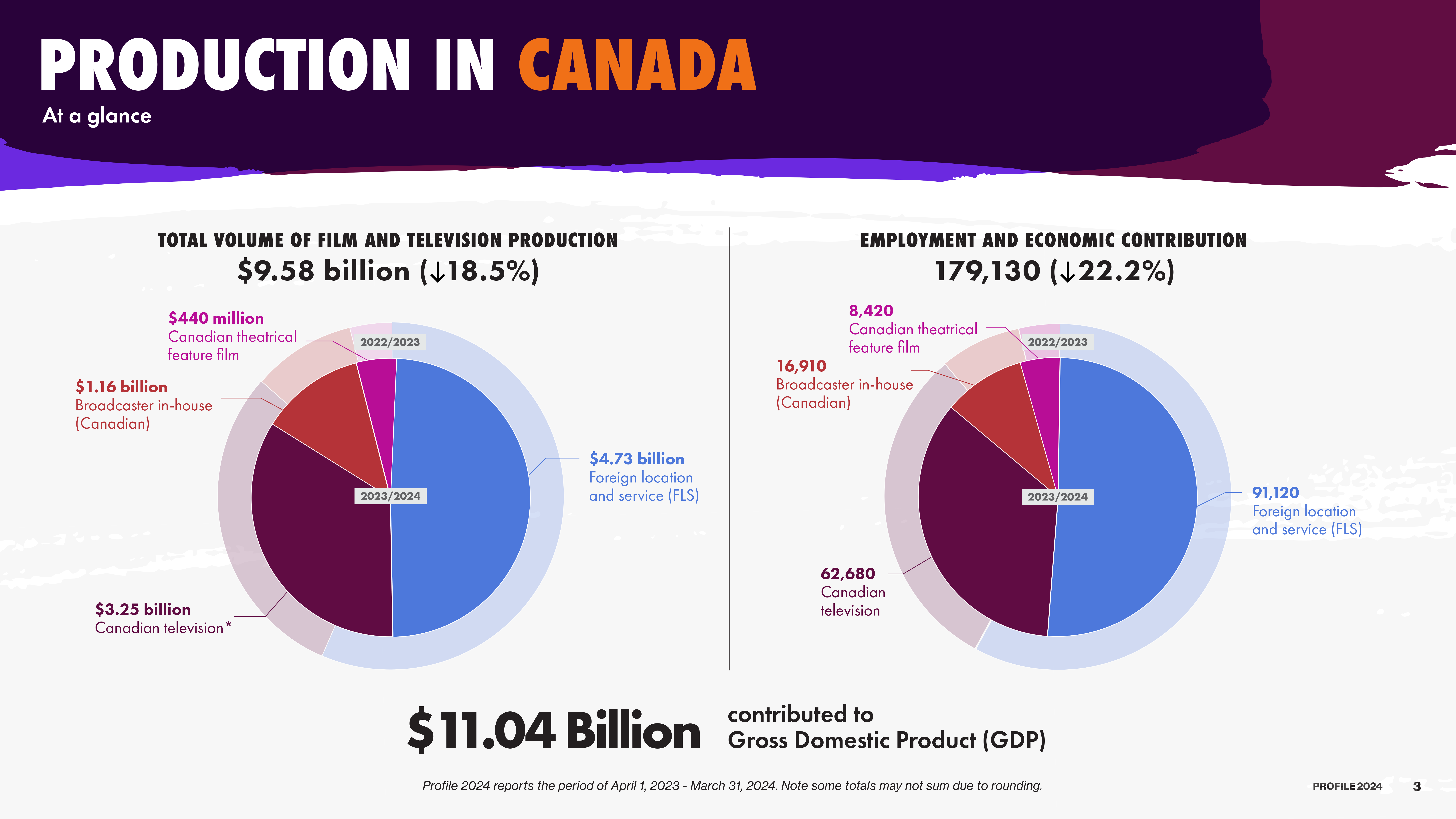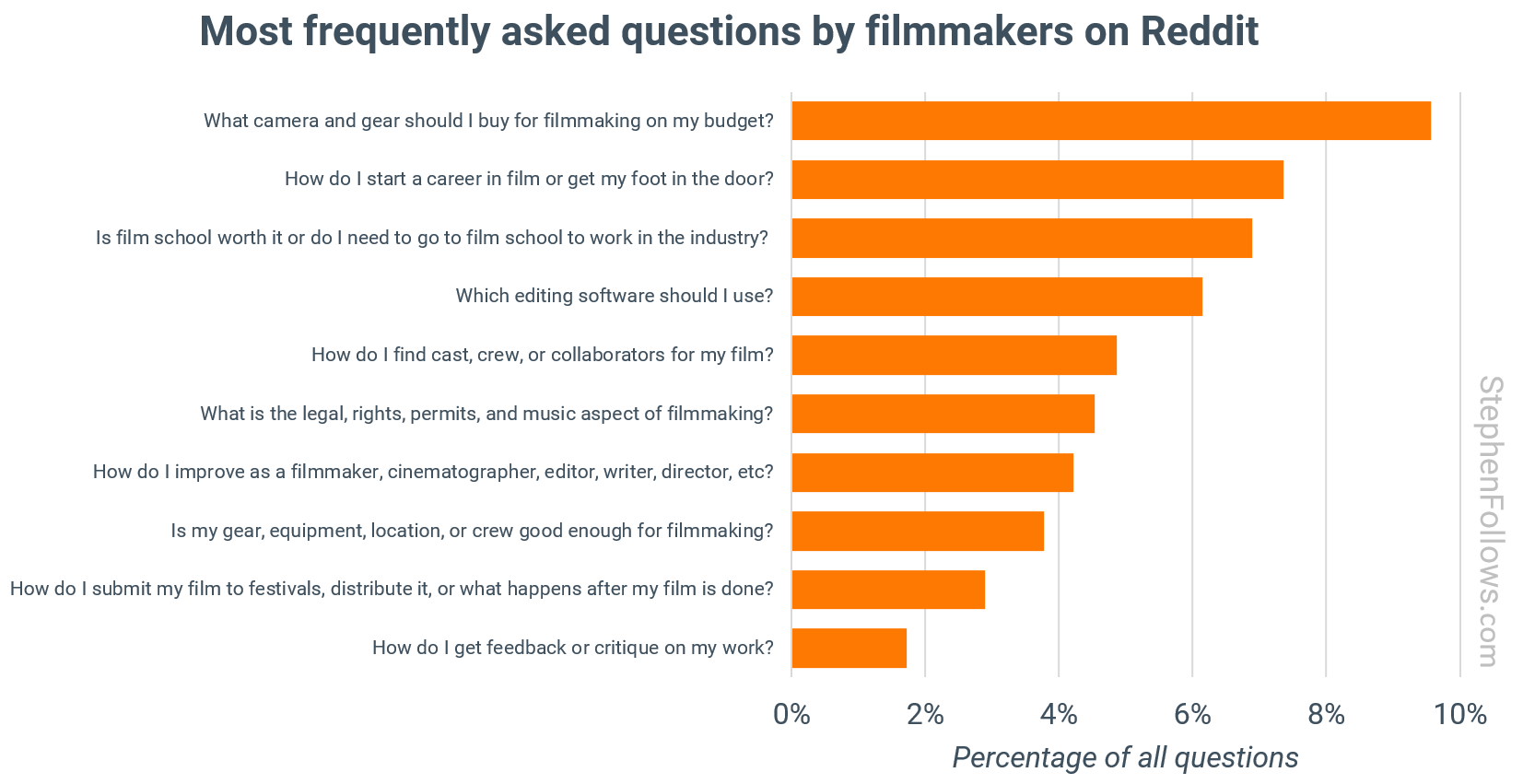In honour of our upcoming Canada Day, I thought it would be patriotic to take a look at the biggest all-time world box office numbers for Canadian movies produced in the last ten years.
See the excellent The Numbers website and their Top Canadian Movies of Each Year listings. The Top 10 by box office from 2016 to date:
| Year | Movie | Budget | Box Office |
| 2020 | Sonic The Hedgehog | $90,000,000.00 | $302,452,077.00 |
| 2023 | PAW Patrol: The Mighty Movie | $30,000,000.00 | $201,739,292.00 |
| 2019 | The LEGO Movie 2: The Second Part | $99,000,000.00 | $192,306,508.00 |
| 2024 | Paddington in Peru | $75,336,729.00 | $192,148,490.00 |
| 2023 | Insidious: The Red Door | $16,000,000.00 | $186,258,928.00 |
| 2021 | PAW Patrol: The Movie | $26,000,000.00 | $151,403,419.00 |
| 2019 | Midway | $100,000,000.00 | $126,787,360.00 |
| 2021 | The Addams Family 2 | Unknown | $119,383,236.00 |
| 2019 | Scary Stories to Tell in the Dark | $28,000,000.00 | $104,793,708.00 |
| 2016 | Ballerina | $30,000,000.00 | $96,451,584.00 |
The Top Ten with Biggest Return on Budget:
| Year | Movie | Budget | Box Office | Return % |
| 2023 | Skinamarink | $15,000.00 | $2,131,183.00 | 14208 |
| 2023 | Insidious: The Red Door (US?) | $16,000,000.00 | $186,258,928.00 | 1164 |
| 2016 | The Witch | $3,500,000.00 | $40,364,725.00 | 1153 |
| 2017 | My Little Pony: The Movie | $6,500,000.00 | $61,294,644.00 | 943 |
| 2016 | Embrace (Australia?) | $225,000.00 | $1,611,592.00 | 716 |
| 2023 | PAW Patrol: The Mighty Movie | $30,000,000.00 | $201,739,292.00 | 672 |
| 2021 | PAW Patrol: The Movie | $26,000,000.00 | $151,403,419.00 | 582 |
| 2016 | Race | $5,000,000.00 | $23,745,772.00 | 475 |
| 2019 | The Lighthouse | $4,000,000.00 | $18,237,527.00 | 456 |
Confused by these titles? Paddington in Peru? Movies are international productions now and get certain work done in tax credit-friendly jurisdictions for the money – and the excellent work skilled artists and technicians provide, of course.
CAVCO certifies Canadian movies. The CRA then refunds money to the Canadian producers of these movies, to the tune of millions of dollars. (Wouldn’t it be nice to know which movies Canadian taxpayers are helping fund and for how much? Other than checking the credits, I don’t know of a comprehensive list. But here’s a cost report from BC.)
Is Canadian investment in Canadian movies worth it? Check Cinema of Canada to see how small the Canadian production and box office numbers actually are. And direct employment in Canadian movies is less than 8,500 people. That’s a government subsidy of something like $25,000 per job. (Someone please tell me my math is wrong.)
My take: The Hollywood Reporter recently published a list of The 51 Best Canadian Movies of All Time – now where have I heard that particular number recently? Curiously, I don’t think any of these movies appear on their list.



